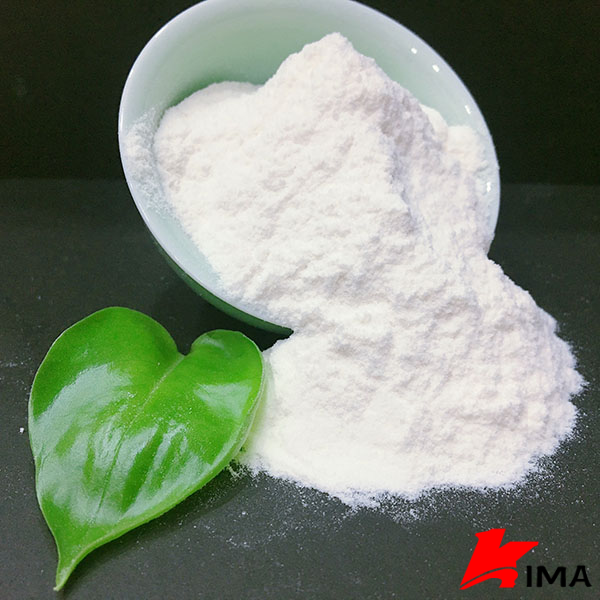Plant-derived material (Vegetarian) for hard capsules production: Hydroxypropyl Methyl Cellulose (HPMC)
Hydroxypropyl Methylcellulose (HPMC) is commonly used as a plant-derived material for the production of vegetarian or vegan-friendly hard capsules. Let’s explore its role and advantages in this application:
1. Vegetarian or Vegan-Friendly Alternative: HPMC capsules, also known as “vegetarian capsules” or “veggie caps,” provide a plant-derived alternative to traditional gelatin capsules, which are made from animal-derived collagen. As a result, HPMC capsules are suitable for individuals following vegetarian or vegan diets and those with religious or cultural dietary restrictions.
2. Source and Production: HPMC is derived from natural cellulose, which is obtained from plant sources such as wood pulp or cotton linters. The cellulose undergoes chemical modification to introduce hydroxypropyl and methyl groups, resulting in HPMC. The production process is carefully controlled to ensure purity, quality, and compliance with regulatory standards.

3. Properties and Characteristics: HPMC capsules exhibit several beneficial properties for pharmaceutical and dietary supplement applications:
- Inert and Biocompatible: HPMC is inert and biocompatible, making it suitable for encapsulating a wide range of pharmaceutical and dietary supplement ingredients without interacting with or affecting their stability or efficacy.
- Odorless and Tasteless: HPMC capsules are odorless and tasteless, ensuring that the encapsulated contents are not affected by any unwanted flavors or odors.
- Moisture Resistance: HPMC capsules have good moisture resistance, helping to protect the encapsulated ingredients from moisture and humidity during storage.
- Easy to Swallow: HPMC capsules are easy to swallow, with a smooth and slippery surface that facilitates swallowing, particularly for individuals who may have difficulty swallowing large tablets or pills.
4. Applications: HPMC capsules are widely used in the pharmaceutical, nutraceutical, and dietary supplement industries for encapsulating various ingredients, including:
- Powders: HPMC capsules are suitable for encapsulating powders, granules, and microspheres of pharmaceutical drugs, vitamins, minerals, herbal extracts, and other active ingredients.
- Liquids: HPMC capsules can also be used to encapsulate liquid or oil-based formulations, providing a convenient dosage form for oils, suspensions, emulsions, and other liquid products.
5. Regulatory Compliance: HPMC capsules meet regulatory requirements for use in pharmaceutical and dietary supplement applications. They comply with pharmacopeial standards such as the United States Pharmacopeia (USP), European Pharmacopoeia (EP), and Japanese Pharmacopoeia (JP), ensuring consistency, quality, and safety.
6. Environmental Considerations: HPMC capsules offer environmental advantages compared to gelatin capsules, as they are derived from renewable plant sources and do not involve the use of animal-derived materials. Additionally, HPMC capsules are biodegradable, further reducing their environmental impact.
In summary, Hydroxypropyl Methylcellulose (HPMC) serves as a plant-derived material for the production of vegetarian or vegan-friendly hard capsules. With their inertness, biocompatibility, ease of swallowing, and compliance with regulatory standards, HPMC capsules are widely used in the pharmaceutical and dietary supplement industries as an alternative to gelatin capsules.
Post time: Mar-18-2024
